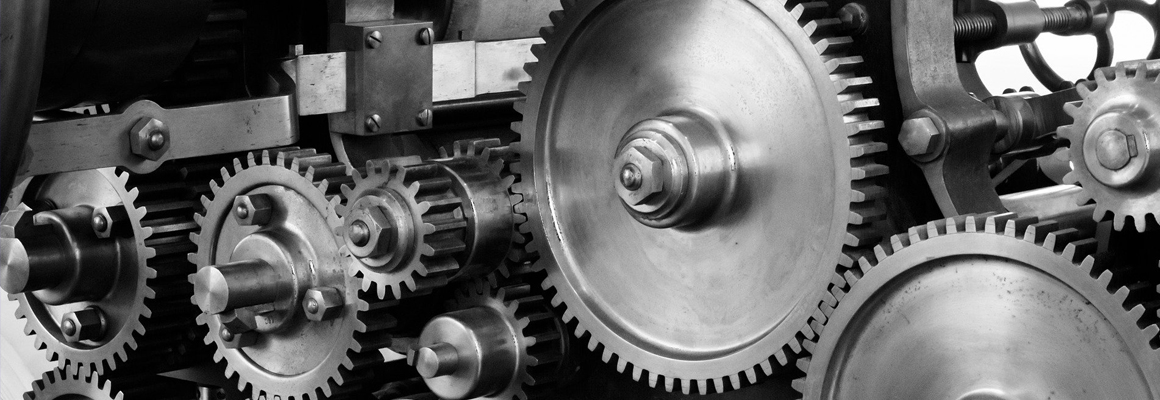Are Your Vacuum Furnace Heating Elements Costing You Efficiency?
May. 06, 2025
When it comes to high-precision heat treatment processes, the effectiveness and efficiency of your vacuum furnace rely heavily on its heating elements. Vacuum furnace heating elements play a crucial role in maintaining the required temperature for various metallurgical applications, including hardening, tempering, and annealing. However, many users often overlook their impact on overall operational efficiency, which can lead to significant cost implications.
Want more information on Vacuum Furnace Heating Elements? Feel free to contact us.
One of the primary functions of vacuum furnace heating elements is to provide consistent and uniform heating. This ensures that the materials within the furnace maintain stable temperatures, reducing the risk of overheating or uneven heat distribution. Many manufacturers utilize materials such as molybdenum and tungsten for their excellent thermal conductivity and durability under extreme conditions. These elements are designed to withstand high temperatures, ensuring long-lasting performance and minimal maintenance.
However, there are pros and cons associated with these heating elements. On the positive side, vacuum furnace heating elements can achieve rapid heating rates, improving overall throughput. They also allow for precise temperature control, crucial for processes that demand specific thermal profiles. Additionally, their ability to operate in a vacuum environment minimizes oxidation and contamination of the materials being treated, enhancing product quality.
On the downside, the initial investment for high-quality vacuum furnace heating elements can be substantial. Users may find that cheaper components don’t provide the same level of efficiency, leading to increased energy costs and potential downtime due to faster wear and tear. Moreover, if not properly maintained, these elements can fail, causing costly production interruptions. It is vital for users to consider the long-term costs associated with lower-priced options, as they may compromise efficiency.
Further reading:What Happens When a Steam Boiler Runs Out of Water?
What Key Features Should You Consider in Steam Boilers?
Why Consider a 360kW Electric Steam Boiler?
Gas Steam Boiler vs Electric Boiler: Which is Best for Food Industry?
7 Key Benefits of the 48kW Electric Steam Boiler You Should Know
Why Is Steam Boiler Maintenance Often Overlooked?
Is Your Pharmaceutical Gas Steam System Causing Compliance and Efficiency Issues?
When considering the experience of users in the field, many have noted that a significant upgrade to vacuum furnace heating elements has led to remarkable improvements in energy consumption. Customers report that higher-quality elements have reduced their energy bills, as these components can reach and maintain desired temperatures using less power. This efficiency not only lowers operational costs but also prolongs the lifespan of the furnace itself.
Pricing for vacuum furnace heating elements can vary significantly based on the materials used and the manufacturer. Generally, prices can range from a few hundred to several thousand dollars, depending on the specifications required for the application. While it might be tempting to opt for the cheapest available options, it is crucial to assess the return on investment. Investing in more effective heating elements can yield greater savings in energy costs and productivity over time.
In summary, while vacuum furnace heating elements are essential for achieving the desired heating requirements in metallurgical processes, their long-term efficiency and effectiveness significantly depend on the choice of materials and design. Balancing performance with cost is key; although initial costs may seem high, the savings from improved energy efficiency and reduced operational downtime often outweigh the upfront expenses. By choosing high-quality vacuum furnace heating elements, users can significantly enhance their production processes while keeping operational costs in check. Therefore, it's imperative to consider both the short-term and long-term benefits when selecting heating elements for your vacuum furnace.
If you want to learn more, please visit our website hydrogen furnace.
Further reading:Top 5 Benefits of Choosing a 0.5 Ton Steam Boiler Manufacturer
Finding the Best Industrial Steam Boiler Wholesaler for Your Needs
7 Key Benefits of Low Emission Commercial Steam Boilers for Your Business
Unleashing Efficiency: The Essential Role of Oil Steam Boilers in the Textile Industry's Transformation
7 Leading High Pressure Commercial Steam Boiler Manufacturers You Should Know
Essential Guide to Industrial Steam Boilers in Pharmaceuticals
206
0
0
All Comments (0)
Previous: Key Considerations When Buying Welding Furnaces
Next: What Are the Key Benefits of Vacuum Induction Melting?
If you are interested in sending in a Guest Blogger Submission,welcome to write for us!




Comments